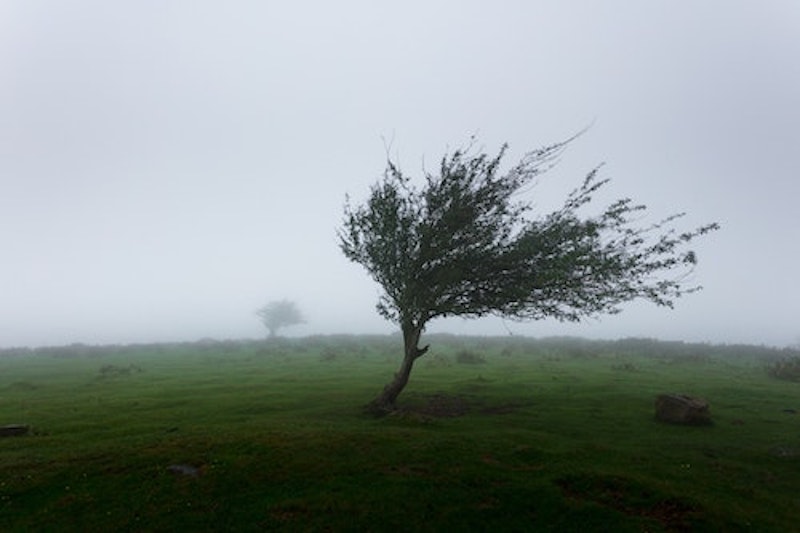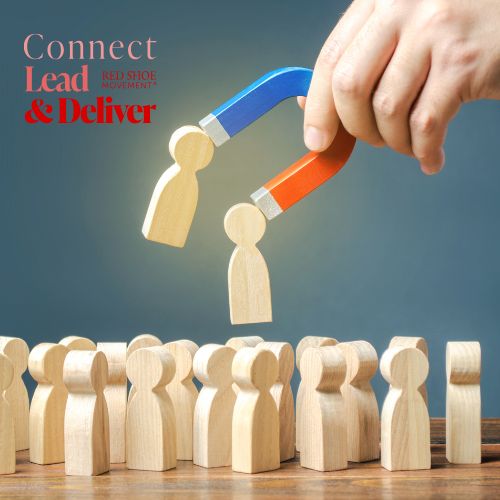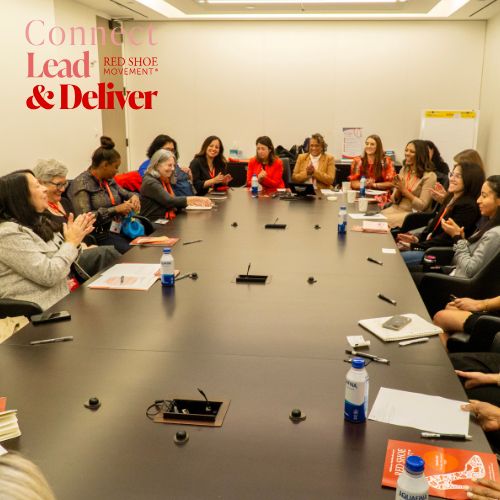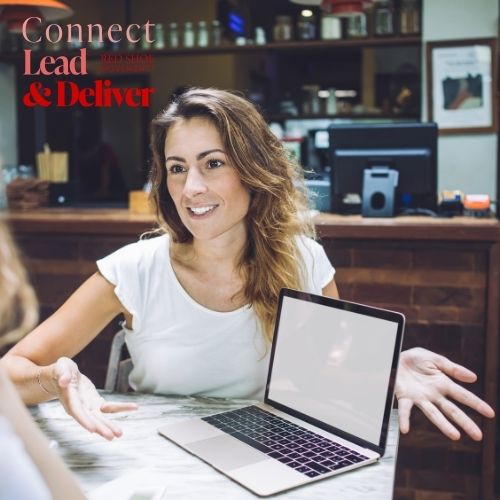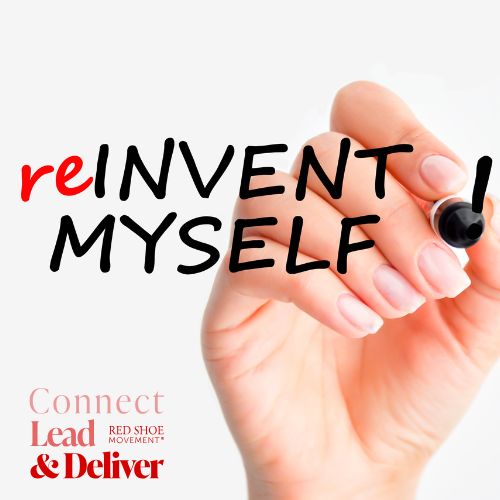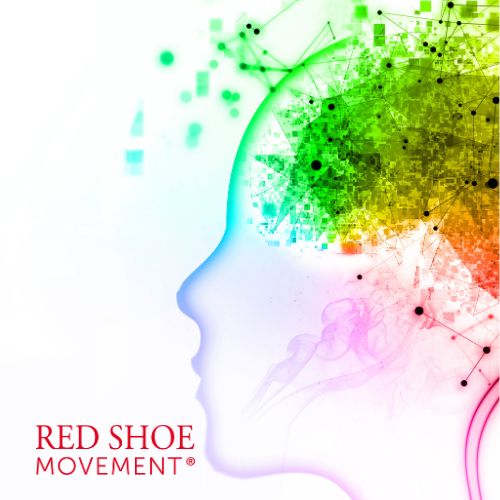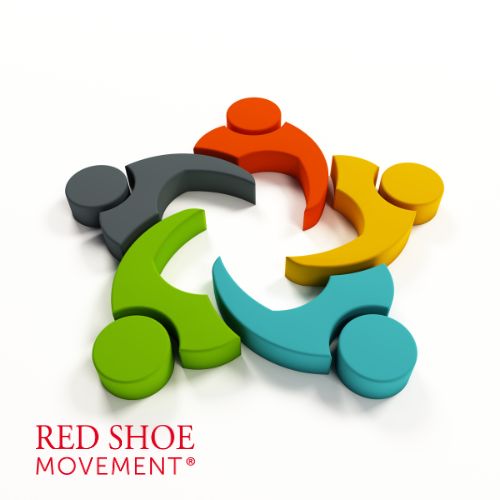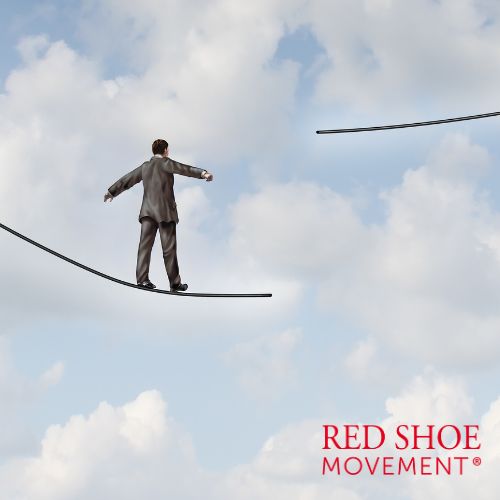We are at an unprecedented moment in the history of humanity. A moment that requires us to take care of ourselves and in most cases shelter in place in isolation or with our family. Today we talk about anxiety: what causes it and how to keep it at bay.
It is the first time in history that a pandemic is taking place through a virus of such rapid contagion and long incubation in the midst of globalization. This virus can get to any of us. It makes no differences.
In our normal lives, there are many reasons why thousands of people die, but since they seem like problems of another country or region, we usually feel safe.
Do you remember a couple of years ago, the photo of a little dead boy in the arms of a rescue worker on the shores of the Mediterranean? It moved us all for a few weeks and then we forgot. The image had the audacity to penetrate our daily lives and yet it did not provoke more than a few minutes of emotion in our lives. Soon that death, like that of so many thousands of other refugees who continue to die at sea, was forgotten and no longer news.
The same goes for wars, famines and many other diseases like Ebola that are restricted to areas far from our homes.
This virus, which in the early days could be believed only affected a far- away town in China, soon spread throughout the world. And it has the particularity that it makes all of us equal. (In Argentina, for example, the first case we had was of a passenger who arrived in first class on a flight from Milan.)
Here's another post on how to overcome anxiety inside and outside of work
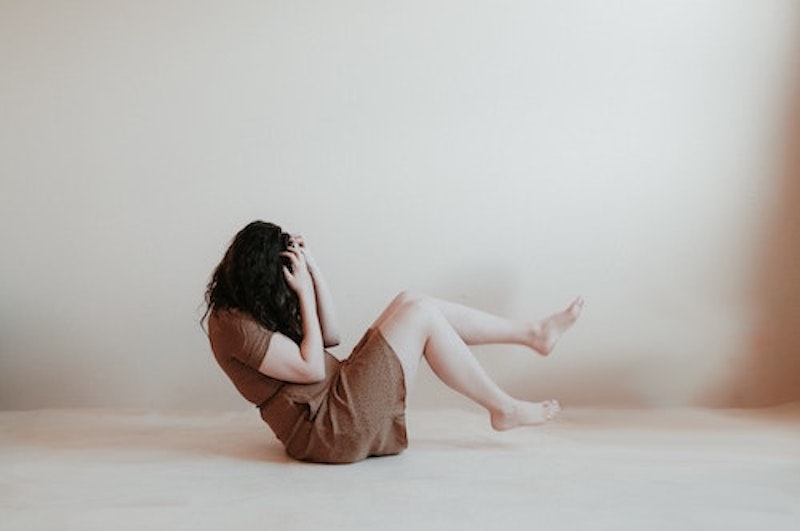
What causes anxiety and how to keep it at bay
When we talk about anxiety, it is important to explore what causes it and how to combat it, since understanding the cause will help you find solutions tailored to your situation.
1Feeling like everyone is a threat
First, a source of anxiety is that anyone can be a threat and infect you. You don’t know where the enemy is. It is an invisible microbe that has humanity in checkmate.
2Feeling that you are not in control of the situation
Many people feel anxiety in response to thoughts like, “I can’t control it.” That is, the idea that you can’t control it simply because you don’t see it. These past few days, many of my patients expressed this concern. If this is your case, let me remind you that the idea of having things under control is just an illusion. Actually, you never have complete control of anything. There is always a margin of error and chance that makes us susceptible to things not going the way we expect. When this illusion explodes against an indisputable reality it makes us anxious because we suddenly feel out of control. The illusion that dissipates and makes is that it is impossible to have absolute control. Ever. Only until now you did not see this fact clearly clearly. Therefore, let yourself be guided by the authorities, and live one day at a time without trying to plan anything, even in the medium term. This situation is changing minute by minute and we will have to adapt to the new normal.
3Feeling uncertain about the future
Uncertainty also generates anxiety. But this is a time to be patient, and not try to anticipate anything. In other words, as I said before, manage your life minute to minute. We do not know when the quarantine will end, nor in what situation we will be. Right now it is important to think about today’s actions and projects and perhaps those for the next 2 or 3 days. Let’s put to work our creativity and internal resources.
If up until now you were someone who liked to have her entire schedule planned well in advance, take the opportunity to “break” away from your structure. Maybe you can use that ability to organize your closets, drawers, books, the kids’ room, or the kitchen cabinets. For the next few days you will have to make friends with uncertainty since it is not possible to do anything else. The sooner you do, the less anxious you’ll be.

4Having an excess of information
You have to be very careful with excess information. Especially the one that flows from unofficial media. We all have many chats where we get videos or audios. Some seem scientific others are funny. People bombard us with information. In some cases, we ourselves go looking for it on the Internet. That excess makes you crazy. Because it often involves false or contradictory information that is hard to weave out from the real one.
I suggest that you focus on the information shared by the official channels of your country, such as that of the ministries of health. If you don’t trust your own authorities, you can visit the World Health Organization’s (WHO) page. Establish one or two times a day when you’ll seek this information and then disconnect.
The coronavirus ends up infecting everything, not only physically, but mentally. If you allow it, it will take over your whole life. Even if you are tempted to be on social media constantly or watch the endless stream of news, do your best to avoid it. More information will not benefit you. Also avoid forwarding messages and videos to others in your network. Not only does it overload them but it also overloads the system which is already stressed by everyone being online all the time.
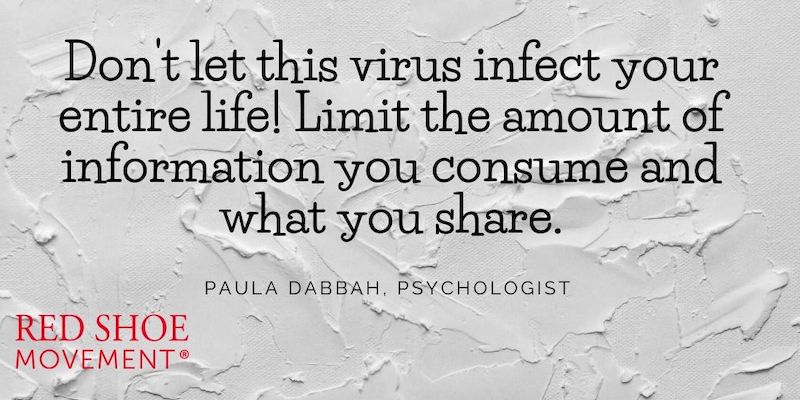
5Formulating apocalyptic ideas
Situations like the one we are in lend themselves to apocalyptic ideas. Maybe it is not your intention, but when you see that your neighbor buys food as if he were preparing to spend six months in a bunker, or you see the empty shelves at your local supermarket, you start to think that perhaps the apocalypse is indeed around the corner. Keep calm. We are not facing the Third World War or the end of the world. It is important that you stock up knowing that you will be able to go out again in a few days. I reiterate that if in doubt go back to well respected sources: your government’s official page or the WHO site.
6Overestimating or underestimating the situation
Another thing that generates anxiety is not being able to assess accurately what is happening because we don’t understand it. Let us trust that in each country there is a committee of experts advising the authorities.
It’s as important to avoid overestimating the situation by creating an apocalyptic movie or underestimating it to the point of putting your life and that of others at risk. If you follow the guidance of your local authorities, anxiety will drop substantially. It is not you who has to make the key decisions right now. Delegate that responsibility on those who understand the subject. Your responsibility is to abide by their recommendations and to use common sense.
Don't miss 10 things you can do to stay sane during the quarantine
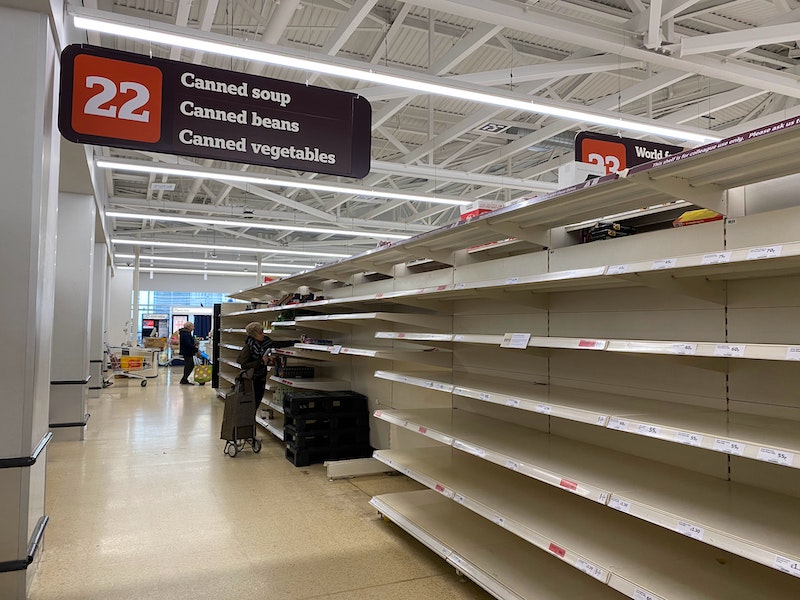
7Feeling dragged down by the vertiginous moment
Another cause of anxiety is the speed of changes we are experiencing. Between the uncertainty and the confinement, it would seem that nothing contributes to calm you down. But think about this: When there are strong winds, the trees that survive are the most flexible. The stiffer ones will probably break. So stay flexible.
The news flow is ongoing and the information is not always consistent. It’s two steps forward and one step back. Maybe two days ago you were working at your office, and now you are doing remote work. Maybe tomorrow you’ll be laid off. We all have to adapt all the time. Don’t think for a moment that you are the only one who’s having a hard time adapting. To a greater or lesser extent it’s hard for everyone. What you should know is that as long as you want to cling to the way things used to be, you’ll have a worse time.
As a psychologist, I have always seen patients in person. In the last few days due to the measures taken by the government, they weren’t able to come to my office. So I offered to hold our sessions by phone, Zoom, FaceTime or any other virtual platform.
Many accepted the idea immediately and some decided to wait because they still don’t feel ready for it. Think how permeable you are to change. The new norm, for some, is an inaccessible monster. Try going slowly, taking on the challenge of doing something you have never done before. You may be surprised to see that it was not so difficult. And the monster was nothing more than a defense mechanism of yours to hold on to rigid models.
This can be a great time to rest. It is as if the world has stopped for a while, giving us the possibility to look each other in the eye, or to look ourselves in the mirror. Reflect on the direction our life is in and the one we want going forward. Let’s think about the things we have never said, and to whom we would like to say something. It is also a great opportunity to get bored. Yes, getting bored allows ideas to bubble up.
While we don’t know how long this isolation will take, it won’t last forever. At some point we will meet others again, we will hug again, we will kiss again. Perhaps by then we will have discovered abilities that we did not know we had. Perhaps by then, a painting created by us will hang on our wall. Perhaps by then, we have become friends with unthinkable people. Or we have become wiser, more cautious, with some permanent habit changes, truly valuing leisure time.
There is so much to do …
